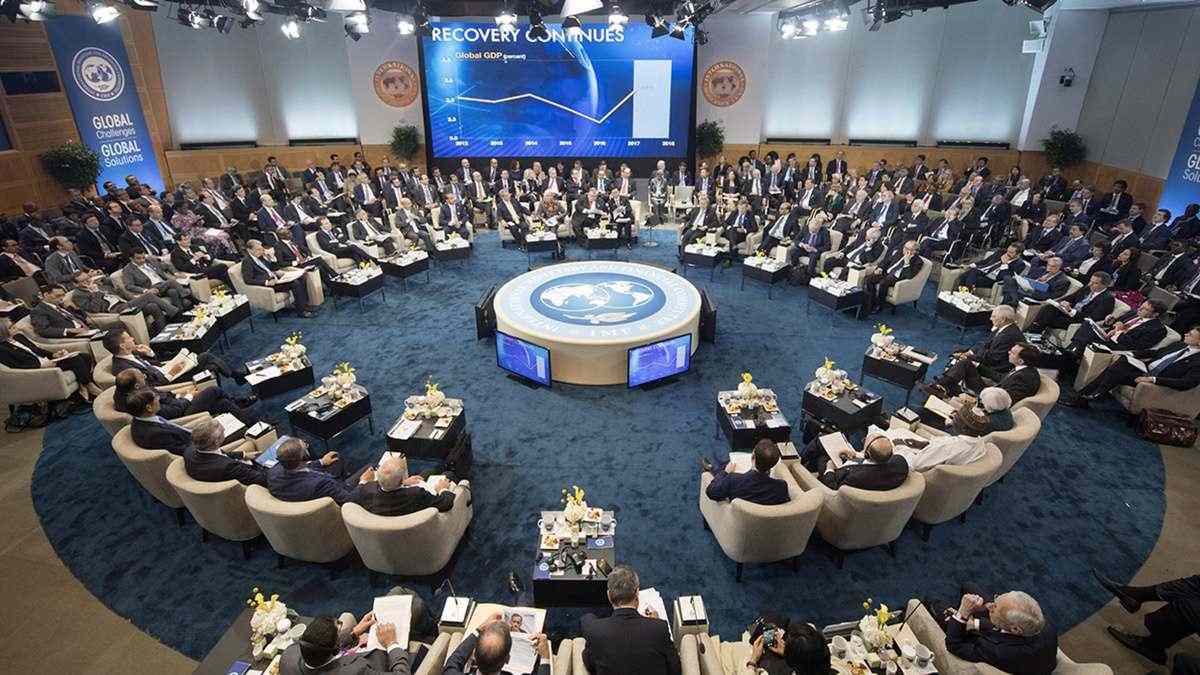U.S. opposition slows down major IMF liquidity help

The U.S. opposition wanted to stop the International Monetary Fund from using its strong tools to support other countries in fighting coronavirus on Wednesday. IMF proposed to create a new portion of Special Drawing Rights.
The national bank will print new money, which was suggested by financial specialists and non-profit groups, to give as much $500 billion for IMF’s 189 country members.
IMF’s official unit of exchange will be called SDRs USDXDR=R, which is based on euro, dollars, sterling, yen, and yuan. SDRs are located in the Fund and it is equivalent to the shareholdings of each country members.
During the economic crisis of 2009, IMF authorized a $250 billion allotment of SDRs. This move increased liquidity for penniless countries.
Doing so again now could provide more flexibility to the 100 countries that have already sought IMF emergency loans and grants, and allow new lending to countries with “unsustainable” debt burdens, such as Argentina.
Through this, the IMF could support more flexibility to other 100 countries that asked for emergency credits and subsidies. It can also lift debt burdens to low-income countries like Argentina.
Finance authorities are planning to discuss the issue during this week’s virtual IMF and World Bank Spring Meetings. However, various sources acquainted with the Fund’s deliberations state the United States, IMF’s dominant investor, actively opposes such a move.
The opposition happened when U.S. and China were still progressing over the causes of coronavirus and a constant trade war. The U.S. and Iran tension almost started a war last January.
The U.S. Treasury Department would want to see the IMF focus on helping other countries by utilizing its $1 trillion in existing resources, incorporating $100 billion in crisis funds.

